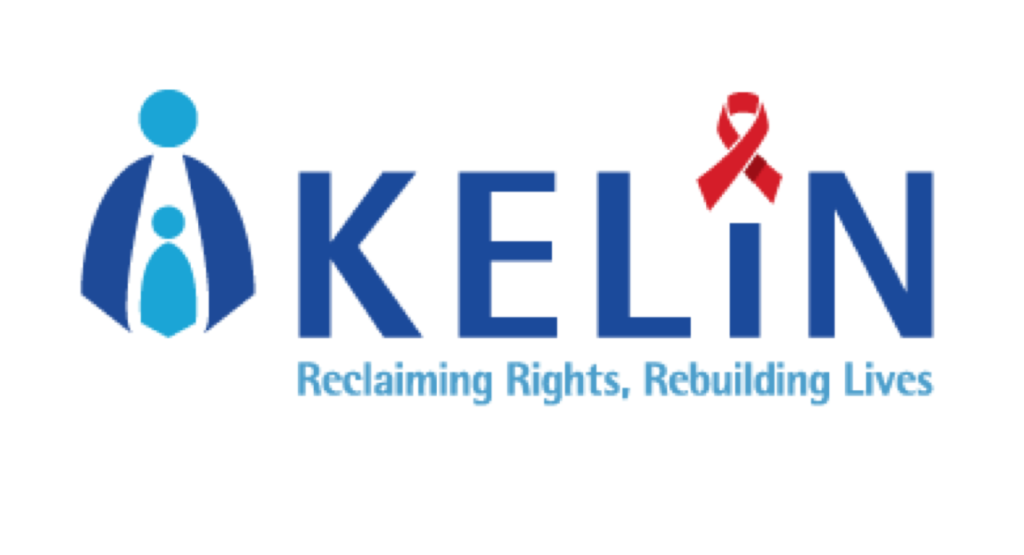
On Thursday, 20 June 2019 at Crowne Plaza, KELIN participated at the multi-sectorial cancer forum panel dubbed, “Mounting a comprehensive response to the cancer epidemic in Kenya” to contribute a health and human rights lens to the conversation. Moderated by Charity Muturi, the panellists included a cancer victor, a representative from the National Cancer Control Board (NCCB), and civil society stakeholders. The cancer forum was hosted by the American Cancer Society (ACS Global) and the Kenya Network of Cancer Organisations (KENCO). The ACS Global SOURCE program strengthens cancer-focused organisations working in low and middle-income countries (LMICs) to implement a united response to the cancer epidemic.
Some of the gaps highlighted were the steep price of medicines; the opportunity of universal health coverage (UHC) to provide cancer screening and treatment; unethical practices by insurance companies to avoid insuring cancer treatment; and the need to scale up availability and accessibility of facilities that provide a full rota of cancer treatment services.
Dr. Anne Ng’ang’a of NCCB shared some measures that the Board is taking towards prevention and management of cancer, which included provision of cancer screening and sensitisation at the county level. She also highlighted an opportunity of scaling up accessibility through the UHC by NCCB’s partnership with NHIF to provide a more comprehensive cancer cover. To this, she emphasised the need to sensitise patients on the cancer treatments covered by their current insurance packages.
Dr. Alfred Karagu, CEO of the National Cancer Institute emphasised the need for better health-seeking behaviour citing that only 47% of Kenyan women know about cervical cancer screening and vaccines, merely 11% have accessed these services, and that barely 3% of Kenyan men have ever been screened for prostate cancer. There was a consensus among the panellists that:
- The affected populations, that is, cancer patients and survivors must be sensitised on their rights and should be at the forefront of advocacy efforts;
- There is a need for local data and statistics on the cancer burden and;
- NCCB should engage bodies such as NASCOP due to the higher probability of PLHIV contracting cancer and the Ministry of Agriculture which can regulate the presence of harmful substances in manufactured foods.
KELIN remains committed to ensuring a rights-based approach in cancer and NCD interventions.
For more information contact:
Allan Maleche
Executive Director
Kenya Legal and Ethical Issues Network on HIV & AIDS (KELIN)
Mombasa Road, Somak building 4th Floor
Email: amaleche@kelinkenya.org
Website: www.kelinkenya.org

